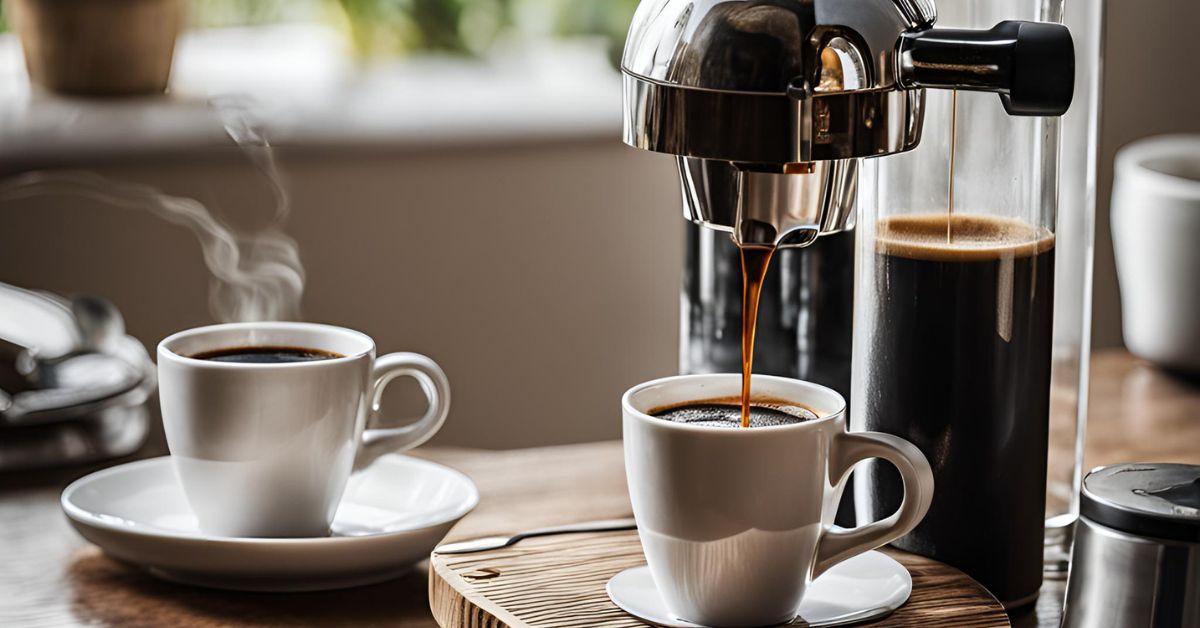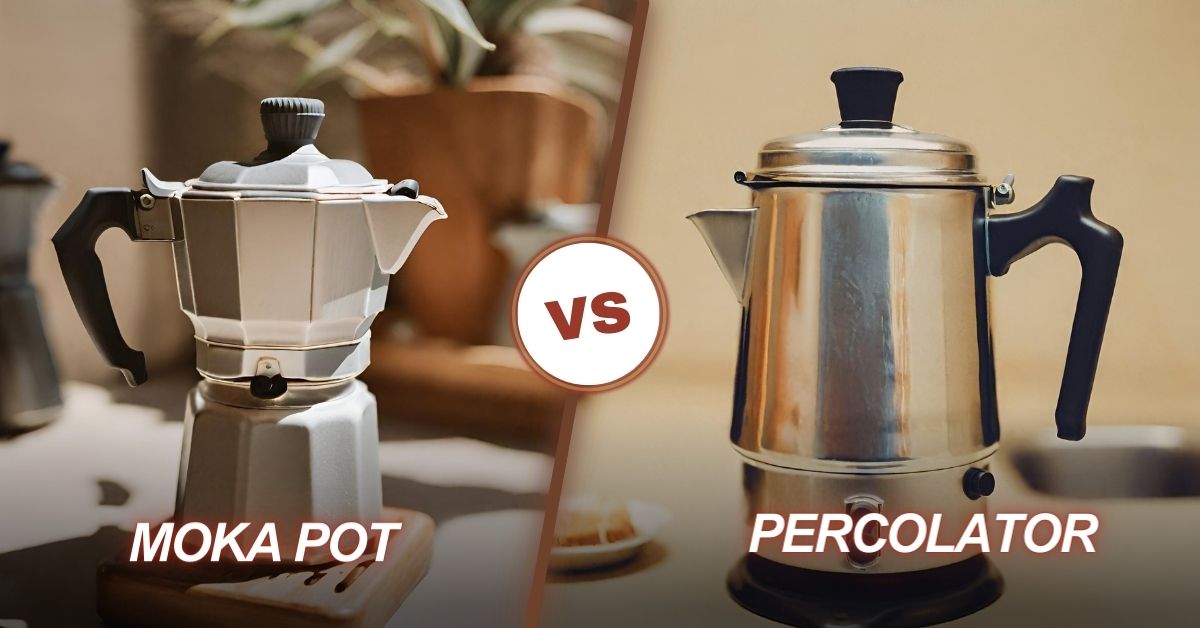Is Tea Much Easier to Process Than Coffee?
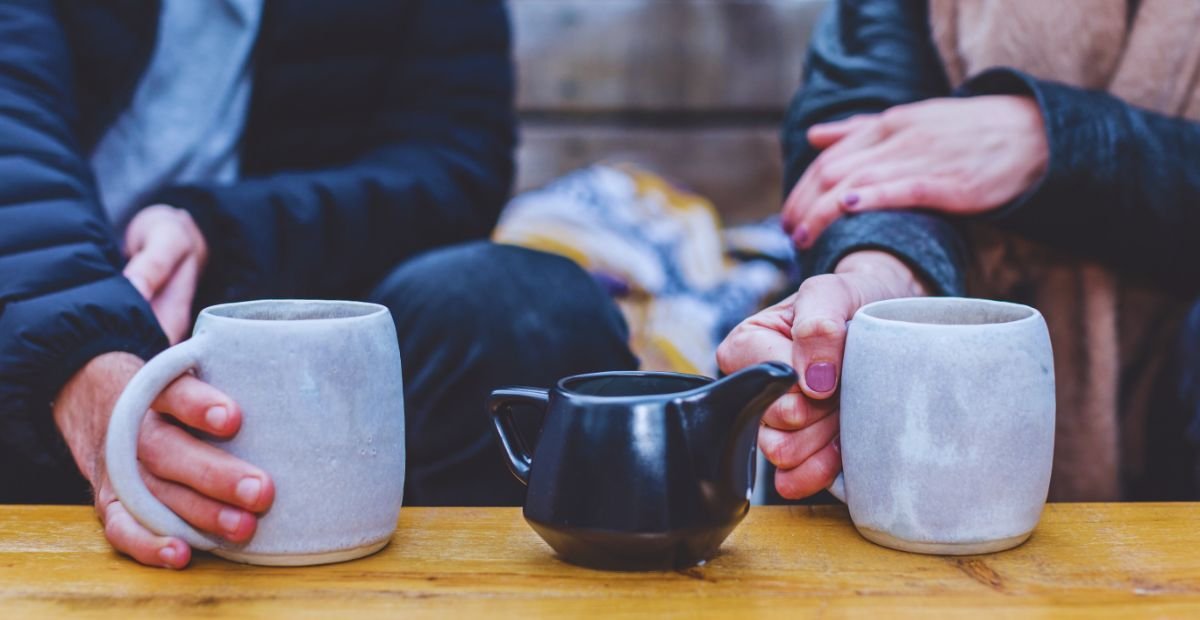
Tea offers numerous health benefits over coffee, including improved alertness and cognitive function. It is a pure H2O beverage with a pleasant flavor, hydrating the skin and rehydrating quickly.
Tea contains less caffeine than coffee but is high in L-theanine, an antioxidant that stimulates the brain. Consuming L-theanine with caffeine can improve alertness, focus, and sharpness. Brewing coffee takes longer, and tea leaves are fresher. Some teas feel easier on the stomach due to less caffeinated tea varietals.
Tea and coffee are two of the world’s most beloved beverages, each with its unique flavors and caffeine kick. They have been enjoyed for centuries, but have you ever wondered which one is easier on the human body in terms of processing?
In this blog post, we’ll explore the differences between tea and coffee in terms of cultivation, production, and their impact on our health to answer the question: Is tea much easier to process than coffee?
What are some types of tea that have less caffeine?
- Herbal tea: Caffeine-free herbal infusions include chamomile, ginger, and peppermint.
- White tea is a solar-withered tea that has undergone little processing. To reduce oxidation, the tea leaves are harvested and let to dry in the sun. The lowest caffeine white tea is one made exclusively from older, more mature leaves, whereas the highest-caffeine white tea is one made exclusively from white buds.
- Green tea: Genmaicha, a well-liked blended tea created from toasting rice and green tea leaves, is a popular beverage. These teas often have extremely little caffeine, with an 8 oz cup containing only about 18mg due to the fact that the toasted rice is devoid of caffeine and the tea is frequently produced from older leaves. Another low-caffeine green tea is kukicha.
The tea plant produces caffeine to keep insects away from the leaves. The caffeine is concentrated around the leaves rather than the stems because the leaves are more susceptible.
Teas brewed from stems and leaves have far less caffeine as a result, and they sometimes have a distinctive flavour with hints of straw and summer grass.
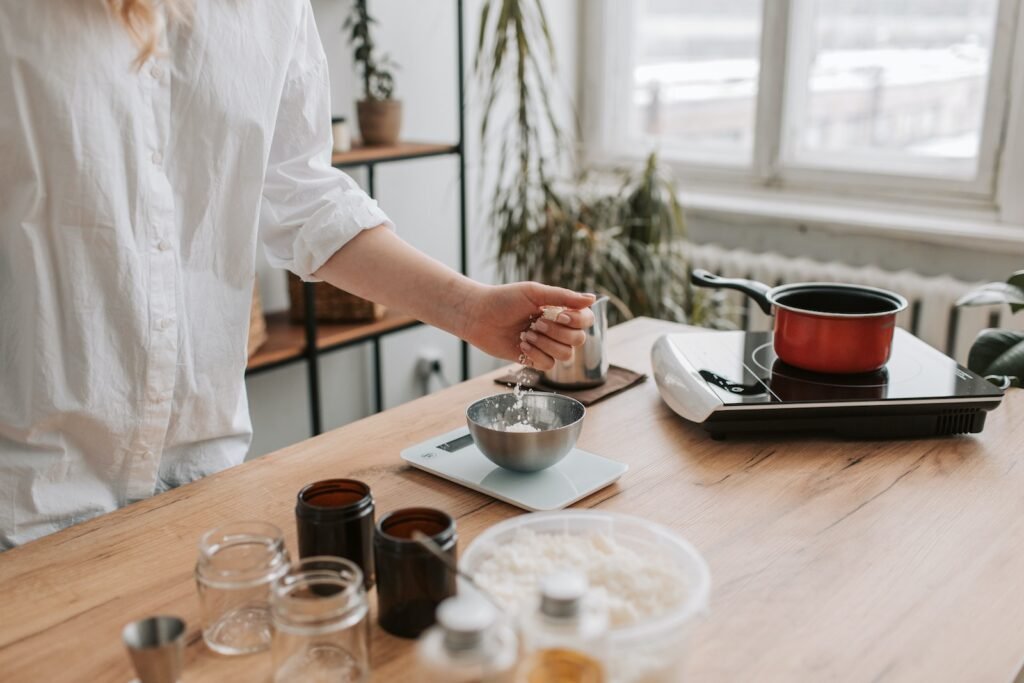
What are some health benefits of drinking tea?
Tea has a number of health advantages. Some of them are as follows:
- Tea is a hydrating beverage that can assist in replenishing fluids lost through perspiration on hot summer days.
- Tea is beneficial to skin health and can help keep it moisturized.
- Cognitive function L-theanine, a potent antioxidant found in tea, stimulates the brain and may support the maintenance of alertness, attention, and sharpness1.
- Lower cholesterol: Black tea has theaflavins and thearubigins, which are good for your body and can lower hypercholesterolemia (high cholesterol)1.
- Decreased risk of hyperglycemia: Black tea contains theaflavins and thearubigins, which help reduce the risk of hyperglycemia, or high blood sugar.
- Lower risk of cancer: Green and black teas include polyphenols that have been linked to the sound control of cancer cell growth and survival, resulting in a reduced chance of cancer development1.
- Better sleep quality and decreased risk of depression: Chamomile tea, for example, can help people unwind at the end of the day, get a better night’s sleep, and manage stress.
Is tea much easier to process than coffee?
Tea and coffee are popular beverages with different caffeine content and acidity levels. Coffee contains more caffeine than tea, with an average of 95 mg in an 8-ounce cup, while tea has a pH level of 3.4-3.5. This makes it easier for the body to absorb and remove caffeine quickly, potentially aiding weight loss.
Tea also contains more antioxidants than coffee, as tea leaves are less processed than coffee beans, retaining more of their natural antioxidants. Despite these differences, both tea and coffee have their unique benefits, making tea a healthier choice.
What are some other health benefits of tea?
Tea, a popular beverage, offers numerous health benefits. It lowers cholesterol, reduces cancer risk, improves cardiovascular health, regulates blood sugar levels, and improves gut health.
Its antioxidants, polyphenols, and beneficial bacteria contribute to its health benefits. Tea’s taste and aroma make it a popular choice for centuries.
Comparison of Caffeine Content
Caffeine, a naturally occurring stimulant found in various beverages, plays a significant role in many people’s daily routines. From providing a morning energy boost to aiding concentration during work hours, caffeine is a common companion in our lives. However, the caffeine content in different beverages can vary widely, leading to questions about its effects and potential concerns.
Why is Caffeine a Concern?
Before delving into the caffeine content of specific beverages, it’s essential to understand why caffeine is a concern for some individuals:
- Sleep Disruption: Excessive caffeine consumption, particularly in the afternoon and evening, can interfere with sleep patterns, leading to insomnia or restless sleep.
- Increased Heart Rate: Caffeine can temporarily raise heart rate and blood pressure, potentially posing risks for individuals with certain heart conditions.
- Digestive Issues: In some cases, caffeine may lead to gastrointestinal discomfort, including acid reflux or stomach irritation.
- Dependency and Withdrawal: Regular consumption of caffeine can lead to dependence, and abrupt cessation can result in withdrawal symptoms like headaches, fatigue, and irritability.

Caffeine Content Varies by Beverage Type and Preparation
Let’s explore how caffeine content varies among different beverage types and how preparation methods can further affect it:
Tea Varieties:
- Black Tea: Black tea generally contains the highest caffeine content among tea varieties. On average, an 8-ounce (240 ml) cup of black tea contains about 40-70 milligrams of caffeine.
- Green Tea: Green tea has a lower caffeine content compared to black tea, with an average of 20-45 milligrams per 8-ounce cup.
- White Tea: White tea contains even less caffeine, with approximately 15-30 milligrams per 8-ounce serving.
- Herbal Tea: Herbal teas are naturally caffeine-free unless caffeine-containing ingredients like black or green tea leaves are blended in.
Tea Preparation:
- Caffeine content can vary based on brewing time and temperature. Longer steeping times and higher temperatures tend to extract more caffeine from tea leaves.
Coffee Varieties:
- Espresso: Espresso is highly concentrated, containing approximately 63 milligrams of caffeine per 1-ounce (30 ml) shot.
- Drip Coffee: A typical 8-ounce (240 ml) cup of drip coffee contains around 95 milligrams of caffeine, but this can vary depending on the coffee bean type and brewing method.
- Cold Brew: Cold brew coffee is known for its smoother taste and typically contains less caffeine than hot brewed coffee, with around 100-200 milligrams per 16-ounce (480 ml) serving.
Coffee Preparation:
- The grind size, brewing method (e.g., French press, pour-over, or espresso machine), and coffee-to-water ratio all influence the caffeine content in your coffee cup.
Which one should you drink?
The age-old debate of tea versus coffee has been a subject of discussion among beverage enthusiasts for generations. Both tea and coffee have their unique flavors, aromas, and cultural significance. When it comes to choosing between the two, the decision often boils down to personal preference, lifestyle, and health considerations. In this article, we’ll explore some key factors to help you decide which one to drink – tea or coffee.
- Caffeine Tolerance and Sensitivity:
- Tea: If you’re sensitive to caffeine or prefer a milder boost, tea might be the better choice. It generally contains less caffeine than coffee, which can provide a gentler, sustained energy lift without the jitters.
- Coffee: Coffee lovers seeking a robust caffeine kick often turn to their beloved beverage. Coffee’s higher caffeine content offers a more immediate burst of energy.
- Flavor and Aroma:
- Tea: Tea comes in a wide range of flavors, from the earthy notes of black tea to the grassy and vegetal tones of green tea. Herbal teas offer a variety of flavors without caffeine. Tea aficionados appreciate its subtle and nuanced taste profiles.
- Coffee: Coffee boasts a complex flavor spectrum, influenced by factors like bean origin, roast level, and brewing method. Coffee drinkers savor its bold, rich, and sometimes bitter or acidic flavors.
- Health Benefits:
- Tea: Tea is renowned for its antioxidant content, which can benefit heart health and potentially reduce the risk of certain cancers. Different tea varieties offer various health advantages; for instance, green tea is celebrated for its potential metabolism-boosting properties.
- Coffee: Coffee has its own set of potential health benefits, such as improved mental alertness and a reduced risk of certain diseases like Parkinson’s and type 2 diabetes. Some studies suggest coffee may protect the liver and improve mood.
- Digestive Sensitivity:
- Tea: For individuals with sensitive stomachs, tea is often easier to digest due to its lower acidity compared to coffee. Tea may be a suitable choice for those prone to acid reflux or gastrointestinal discomfort.
- Coffee: Coffee’s high acidity can sometimes lead to digestive issues, making it less suitable for individuals with sensitive stomachs.
- Preparation Ritual:
- Tea: Brewing tea can be a meditative and calming ritual. The process of steeping tea leaves encourages mindfulness and relaxation.
- Coffee: Coffee preparation can range from simple drip brewing to more intricate methods like pour-over or espresso-making. It offers a sensory experience for those who enjoy the craft of coffee-making.
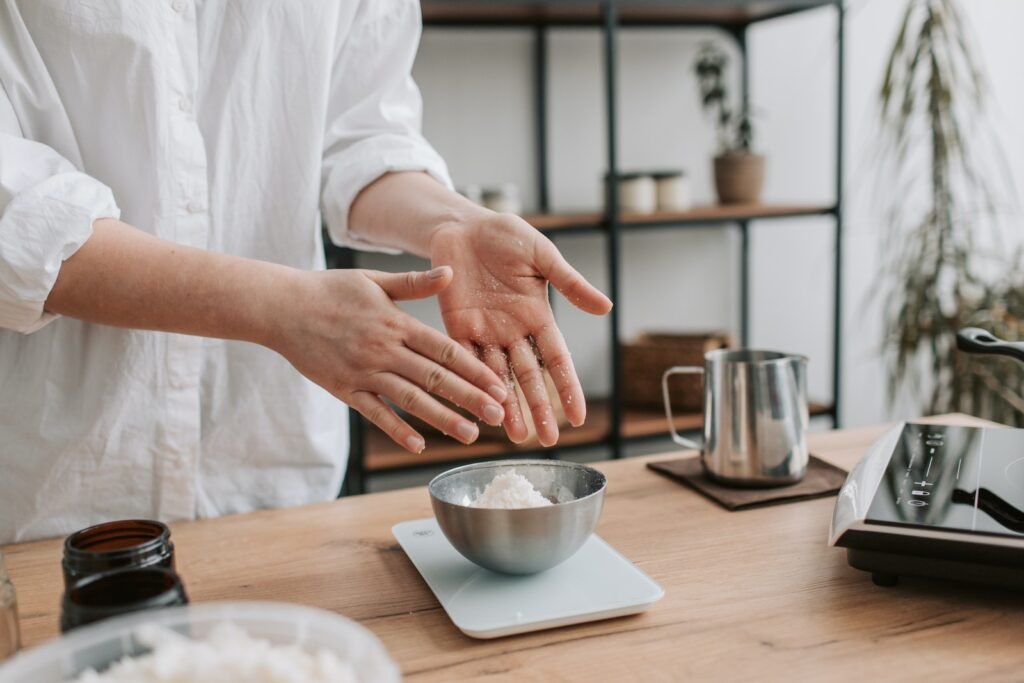
Frequently Asked Questions about Is tea much easier to process than coffee
Is tea easier to digest than coffee?
Tea’s lower acidity, unlike coffee, facilitates quick absorption and removal, aiding in weight loss by accelerating fat burning.
Does coffee work faster than tea?
Tea and coffee are both rich in caffeine, with coffee being more potent and capable of working faster than tea.
Is it better to replace coffee with tea?
Tea and coffee offer unique benefits, with tea being less acidic and caffeine-free, making it a more suitable choice for those seeking a healthier beverage.
Why does coffee hit harder than tea?
Tea and coffee are both rich in caffeine, with coffee being more potent and able to withstand intense workouts.
Is tea easily digested?
Tea’s lower acidity enables faster absorption and removal from the body, aiding in weight loss by accelerating fat burning.
Which is healthier coffee or tea?
Tea leaves and coffee beans are rich in natural antioxidants, but tea contains more due to their less processed nature and lower acidity. This makes it easier for the body to absorb and remove these antioxidants.

Conclusion
In conclusion, the question arises regarding the production process of “Is tea much easier to process than coffee”, and their impact on human health. The production process differs significantly, highlighting the unique flavors and caffeine kicks of each.
Tea offers unique benefits, making it easier to process than coffee. Its less caffeine and acidic nature, along with its higher antioxidant content, make it a healthier choice.

